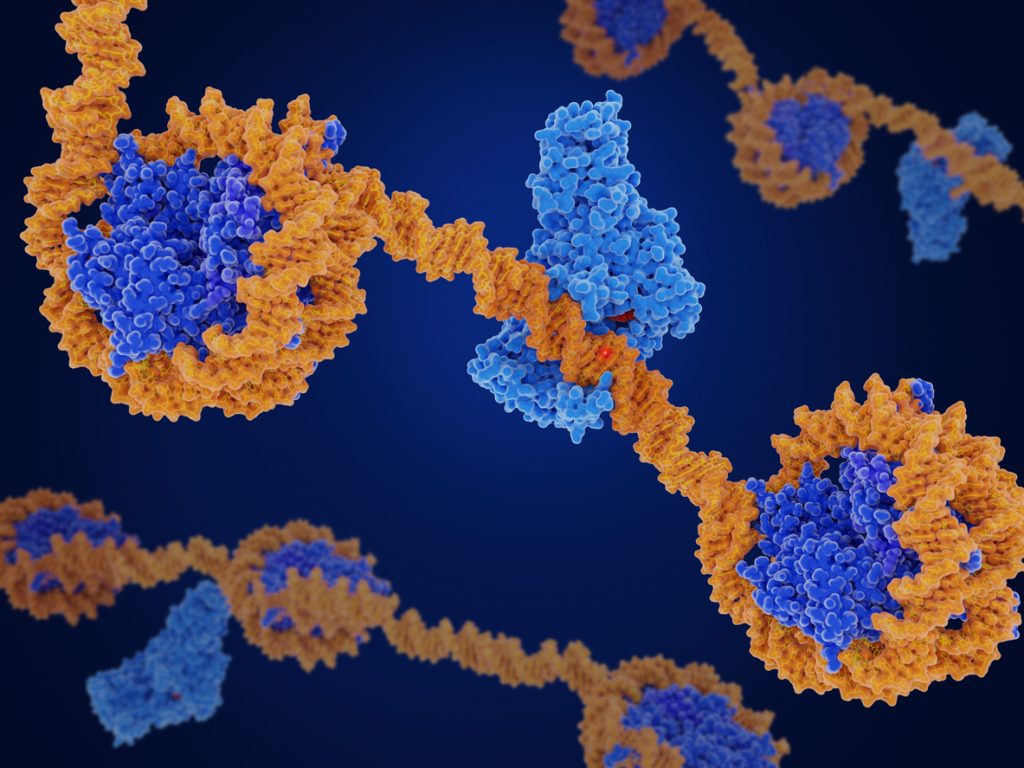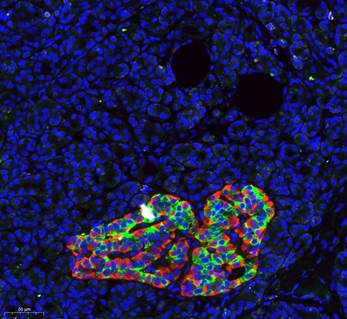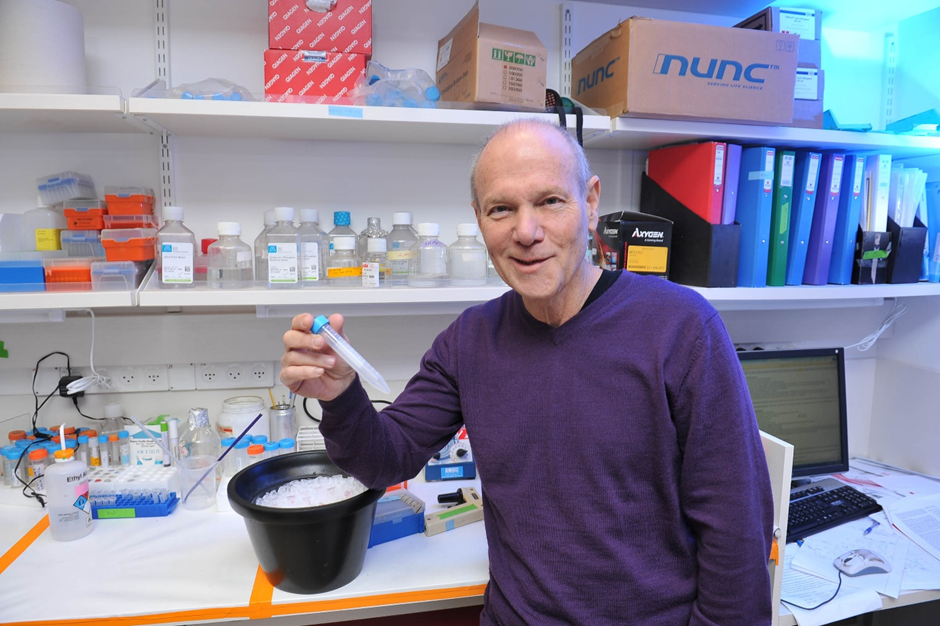
February 12, 2024 — A new study by the Hebrew University of Jerusalem (HU) introduces a new DNA methylation-based method to accurately assess the composition of pancreas cells. The study, led by Prof. Yuval Dor and his research team from the Faculty of Medicine, provides insight into how diabetes develops and offers an alternative to current, less accurate methods to identify pancreas cells.
Existing methodologies to classify pancreas cells rely on protein marker detection, such as insulin, to identify specific pancreas cell types. However, the variability in protein content under different physiological and pathological conditions poses a significant limitation, complicating accurate cell number determination. By overcoming limitations of traditional protein marker-based approaches, the study provides a more precise means to identify specific cell types.
DNA methylation-based analysis is an innovative molecular alternative to immunodetection, that holds promise for broader applications in molecular biology and diagnostics. It allows scientists to gain valuable insight into gene regulation and identify potential biomarkers (something detected in an organism whose presence is indicative of a disease). Aberrant DNA methylation has been used in many disease processes, including cancer, obesity, and addiction.
The findings offer insights into beta-cell dysfunction across diabetes types and have direct clinical implications, enhancing understanding of diabetes development and potentially guiding more tailored treatment strategies.
In the study, the researchers looked at groups of pancreatic cells. They found that in people with different types of diabetes (pre-T1D, T1D, and T2D), the function of a specific type of cell called beta-cells was similar, but it was lower compared to people without diabetes. When they looked at pancreas tissues from people with recent-onset Type 1 Diabetes, they found that the beta-cell function was within the normal range, suggesting a problem with these cells. In people with T2D, there were more of another type of cell called alpha-cells, but the beta-cell function was normal.

“The use of DNA methylation-based analysis not only provides a more accurate assessment of cell types in the human pancreas but has also proven invaluable in interpreting insulin secretion assays,” says Prof. Dor. “This method opens new avenues for understanding pancreas cell composition in both health and disease.”
Alongside Prof. Dor, the study was led by Hebrew University graduate student Zeina Drawshy and Dr. Agnes Klochendler in collaboration with scientists from Hadassah Medical Center, the University of Florida, the University of Pennsylvania, and Li Ka Shing Centre for Research in Edmonton, Canada.
The study, titled “DNA methylation-based assessment of cell composition in human pancreas and islets” published in the journal Diabetes, can be accessed here.
Researchers:
Zeina Drawshy1, Daniel Neiman1, Ori Fridlich1, Ayelet Peretz0, Judith Magenheim1, Andrea V Rozo2 3, Nicolai M Doliba2 3, Doris A Stoffers2 3, Klaus H Kaestner2 3, Desmond A Schatz4, Clive Wasserfall5, Martha Campbell-Thompson5, James Shapiro 6, Tommy Kaplan1 7, Ruth Shemer1, Benjamin Glaser1, Agnes Klochendler1, Yuval Dor1
Institutions:
1) Department of Developmental Biology and Cancer Research, Institute for Medical Research Israel-Canada, Faculty of Medicine, The Hebrew University of Jerusalem
2) Human Pancreas Analysis Program
3) Department of Genetics and Institute for Diabetes, Obesity, and Metabolism, Perelman School of Medicine, University of Pennsylvania, Philadelphia, PA
4) Departments of Pediatrics and Pathology, Immunology, and Laboratory Medicine, University of Florida, Gainesville, FL
5) Faculty of Medicine & Dentistry – Surgery Department, 1-002 Li Ka Shing Centre for Research, Edmonton, Alberta, Canada
6) School of Computer Science and Engineering, The Hebrew University of Jerusalem, Israel




